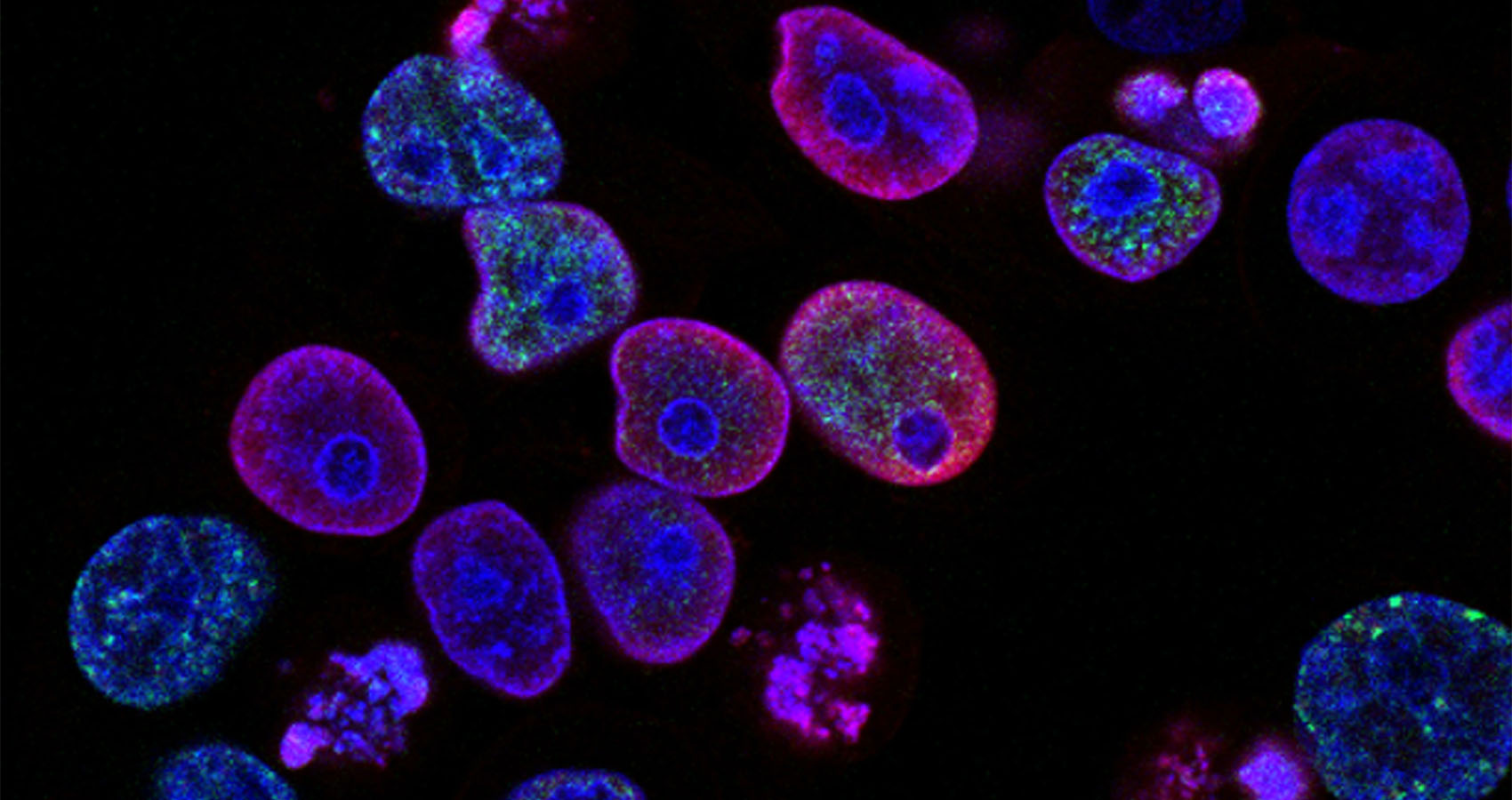
How Long Can You Have Ovarian Cancer Before It’s Detected?
Ovarian cancer is one of those sneaky conditions that you may not know you have it until it is too late. Many women learn that they have late stage cancer after living years with the condition and mistaking the subtle symptoms for something else. Just like with other cancers, an early detection can significantly improve chances of survival. Know what the early signs are.
Ovarian Cancer: Early Signs
Countless of cancer survivors can confirm that they found out they had cancer relatively late despite the many subtle signs. Ovarian cancer’s early signs can be easily ignored because they can be rather mild (lowkey abdominal pain) and can be caused by many other things (such as sleep deprivation or hormonal changes).
The early signs and symptoms of ovarian cancer can be easy to miss but they are quite common across cancer patients:
- Fatigue and lethargy
- Persistent pain or discomfort in the lower pelvic or abdominal area, even if it is vague
- Bloated tummy (in later stages, this symptom can be mistaken for pregnancy)
- Indigestion
- Fatigue, low energy levels
- Loss of appetite although many cancer survivors had put on weight before the diagnosis
- Urinary symptoms
- Sudden changes in bowel habits
- Heavy bleeding during periods, irregular periods
- Spotting and postmenopausal bleeding
- Night sweats
- Painful intercourse.
Many of these symptoms can be mistaken for something else even by doctors. For instance, pain in the abdominal or pelvic area can be a symptom of untreated hernia. Heavy bleeding during periods may be caused by hormonal issues, painful intercourse may be traced back to certain STIs, and so on.

Can You Live with Ovarian Cancer and Not Even Know It?
Yes, in ovarian cancer, you can hit terminal stage and not even know it with almost no obvious symptoms. It is estimated that one in five women diagnosed with ovarian cancer was diagnosed too late. Only one in three women will survive a decade after diagnosis or longer and that is mostly because of late diagnosis.
According to the American Cancer Society, the relative rates of survival for the first five years after detection are also low (44%) due to late diagnosis. Other cancers have higher survival rates despite late diagnosis (nearly 70% for bowel cancer and more than 90% for breast cancer).
Most women ignore the symptoms or unusual changes in their bodies. They either mistake the symptoms for something less serious or are too shy or afraid to go to a doctor. Some women would rather not disturb their physicians for a sudden weight loss or vague pain in the pelvic area. But that can cost them their lives if their cancer reaches the point of no return.
The Pap smear does not detect this type of cancer, and a clean family history is not a guarantee that you won’t develop it at some point in life either.
How Long Can I Live with Undiagnosed Ovarian Cancer?
It is unclear for how long a woman can live with ovarian cancer without treatment as survival rates are calculated based on the number of women diagnosed with the disease who underwent therapy and survived. According to many cancer survivors, symptoms may appear years before the official diagnosis, but almost no one pays attention.
If you detected the cancer in the first stage, your chances of survival in the first five years jump from 44 to 90%.

Ovarian Cancer Risk Factors
It is unclear what causes ovarian cancer, but there are a handful of risk factors that have been repeatedly associated with higher odds of developing this form of cancer:
- Family History: If Grandma or other close relative had ovarian cancer, your risk jumps threefold. One in 4 ovarian cancers had a family history of this cancer caused by certain genetic mutations.
- Age: After the age 60, there’s a high risk of being diagnosed with ovarian cancer (half of cases are patients aged 65 or older). Younger women may also develop the disease, so screening is recommended starting at age 40.
- High-Fat Diets: Diets rich in animal fats including meat, dairy, and eggs are associated with a higher risk of this cancer.
- Obesity: Obese women (BMI over 30) have a higher risk of developing any type of cancer.
- Talcum Powder: Using asbestos-contaminated talcum powders may cause cancer as ongoing research and multiple lawsuits have shown. The jury is still out on the link but do consider talc powder alternatives if you plan on using the product in the genital area.
To Wrap It Up
Ovarian cancer’s signs and symptoms can be so subtle that a woman can live years with the condition and not even know it. Pay attention to any changes in your body such as persistent bloating, urinary issues, menstrual problems, low-key pain and so on. Once the cancer sets in, there’s little you can do about it but pray and hope to win the battle.
Also, if you suspect that your cancer was caused by someone else such as a negligent company or doctor, there are steps you can take to make those responsible compensate you for your pain and suffering. Talcum powder lawsuits, for instance, are an easy fight because there are already class actions out there, so you don’t have to prove the talcum powder-cancer link from scratch.
If you have any suspicion that your ovarian cancer is a consequence of talcum powder use you may be entitled to compensation after filing a lawsuit. Talk with a personal injury attorney first to see what your odds of winning are.











